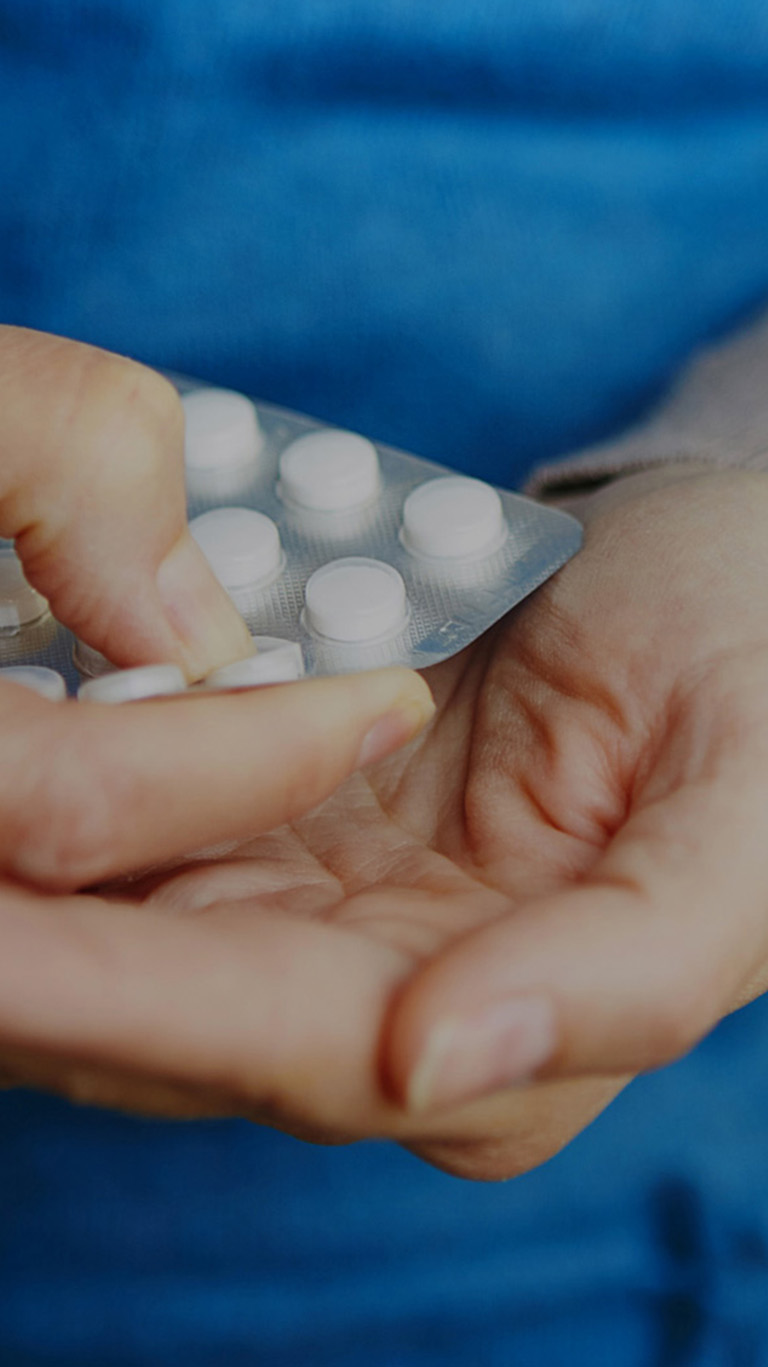JE DÉCOUVRE LE DON MENSUEL
JE DÉCOUVRE LE DON MENSUEL
JE DÉCOUVRE LE DON MENSUEL
JE DÉCOUVRE LE DON MENSUEL
JE DÉCOUVRE LE DON MENSUEL
JE DÉCOUVRE LE DON MENSUEL
JE DÉCOUVRE LE DON MENSUEL
JE DÉCOUVRE LE DON MENSUEL
JE DÉCOUVRE LE DON MENSUEL
JE DÉCOUVRE LE DON MENSUEL
JE DÉCOUVRE LE DON MENSUEL
JE DÉCOUVRE LE DON MENSUEL
JE DÉCOUVRE LE DON MENSUEL
JE DÉCOUVRE LE DON MENSUEL
JE DÉCOUVRE LE DON MENSUEL
JE DÉCOUVRE LE DON MENSUEL
JE DÉCOUVRE LE DON MENSUEL
JE DÉCOUVRE LE DON MENSUEL
JE DÉCOUVRE LE DON MENSUEL
JE DÉCOUVRE LE DON MENSUEL
JE DÉCOUVRE LE DON MENSUEL

The price of therapeutic innovation, a threat to our healthcare system
THE PRICE OF THERAPEUTIC INNOVATION: A THREAT TO THE SUSTAINABILITY OF OUR HEALTHCARE SYSTEM
In 2014, antiviral drugs against hepatitis C, including Sofosbuvir, arrived in France. This acted as a catalyst for the mobilisation of civil society on the price of and access to therapeutic innovation. The price of this treatment was initially set in France at €41,000 per patient. With more than 230,000 people living with hepatitis C in France at the time, universal access to this treatment would have cost the national health insurance more than nine billion euros.
Faced with these prices and the significant number of people affected, the French government, with a view to maintaining the equilibrium of the health budget, organised rationing, in a way that had never previously taken place, selecting patients and thus rejecting the universality of access to healthcare.
Since then, particularly as a result of NGO advocacy, discrimination-free access to this treatment for hepatitis C has been re-established. However, the price of these new medicines continues to put the equilibrium of our healthcare systems under pressure, as can be seen by new treatments for cancer or rare diseases, the price of which is often given in tens or even hundreds of thousands of euros per person.
These prices have heavy consequences for the sustainability of our healthcare system. This is why Médecins du Monde advocates for access to better healthcare for all, in the context of sustainable, equitable and universal healthcare systems. Our organisation calls for more affordable innovative therapy, which is more transparent and meets objective and recognised criteria.
LIFTING FINANCIAL BARRIERS TO THERAPEUTIC INNOVATION
CHALLENGING PATENTS AND ABUSIVE MONOPOLIES ON MEDICATIONS
When it comes to the price of medicines, the aim of Médecins du Monde is to put pressure on the predominant model of the organisation of therapeutic innovation based on patents and monopolies.
Through its advocacy work with public institutions and politicians in France and Europe, Médecins du Monde strives to draw the public’s attention to and thus increase the Government’s power to negotiate fair and transparent prices, based on the real costs of research and development.
THE OFTEN ABUSIVE USE OF PATENTS ENABLES PHARMACEUTICAL FIRMS TO CHARGE EXORBITANT PRICES, TO THE COST OF ILL PEOPLE AND HEALTHCARE SYSTEMS.
In particular, Médecins du Monde advocates for the State to use legal tools on intellectual property, enshrined in French law, which can counterbalance the exorbitant power associated with monopolies, especially when these are abused. Thus, in the event of a public health crisis, the ex officio licencing mechanism makes it possible to lift the effect of a patent in exchange for equitable remuneration of the patent holder, to produce generic and biosimilar medicines and arrange access for all. It decries the case where patents can generate rarity and lead to the selection of patients.
IN FRANCE, SUCCESSIVE GOVERNMENTS HAVE REFUSED TO USE THE EX OFFICIO LICENCING MECHANISM, THUS CONTRIBUTING TO REDUCING ITS POLITICAL POWER.
The simple existence of this tool increases the State’s negotiating power. However, in France, successive governments have refused to use the ex officio licencing mechanism, thus contributing to reducing its power. Médecins du Monde called for the use of the ex officio licencing mechanism for Sofosbuvir, a medicine to treat hepatitis C. While the government refused to envisage this mechanism, considering patents as insurmountable barriers, Médecins du Monde wanted to demonstrate that this was not legally the case. In 2015, it introduced the first opposition to patent by an NGO in Europe, with a view to defending access to a medicine. By questioning the validity of the patents over Sofosbuvir, the organisation sought to demonstrate the abusive nature of the monopoly, and the price associated with it.
Other legal actions to fight against unjustified patents have been undertaken since, enabling changes to be made and even repeals:
- Opposition to the Novartis patent on Kymriah®
- Opposition to a second patent by Gilead on Sovaldi®
- Médecins du Monde challenges the Pfizer/BioNTech monopoly on the COVID-19 vaccines.
Through this, we call for a more rigorous examination of the patentability of pharmaceutical patent applications in Europe, to prevent abusive monopolies from continuing to allow prices to rise out of any control.
REFORMING R&D MODELS TO GUARANTEE ACCESS TO INNOVATIVE TREATMENT FOR ALL
Our work on the price of medicines calls for the recipients of public funds intended for R&D to comply with transparent obligations to ensure fair prices. To do so, the State must impose the right incentives on research institutions funded by public funds, as well as industrial medicine manufacturers, to encourage their cooperation and make affordable and sustainable access to therapeutic innovation a compulsory component of carrying out R&D.
Médecins du Monde is also simultaneously carrying out advocacy work to:
- Ensure the transparency of the pharmaceutical market with regards to the real price of medicines, the traceability and amounts of public and private R&D investments, information on the product, its composition and information from clinical trials.
- Demand counterparts from recipients of public funding for R&D.
All recipients of public funding who conduct both public and private research, must accept public interest conditions at all stages of the R&D process. Médecins du Monde considers it fundamental for the State to ensure that clauses are included in advance in contracts, including provisions on transparency, affordable public pricing, the responsible use of intellectual property with the possibility of lifting exclusivities in the event of not respecting conditions on the public interest, availability, local production, access, and public health.
- Thinking and organising innovation regimes for the common good.
The COVID-19 pandemic highlighted the failings of the current ecosystem of innovation in terms of health, creating as it does flagrant inequalities in terms of access to vaccines and other essential health products.
Médecins du Monde advocates for the development of shared knowledge and the transfer of technology, a diversification of production capacities and a strengthening of the public sector to play an active role in the co-development and co-creation of healthcare innovation.











